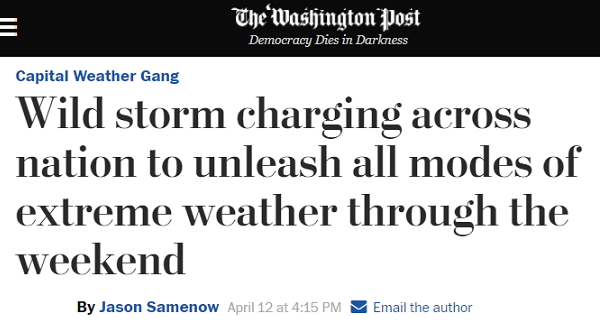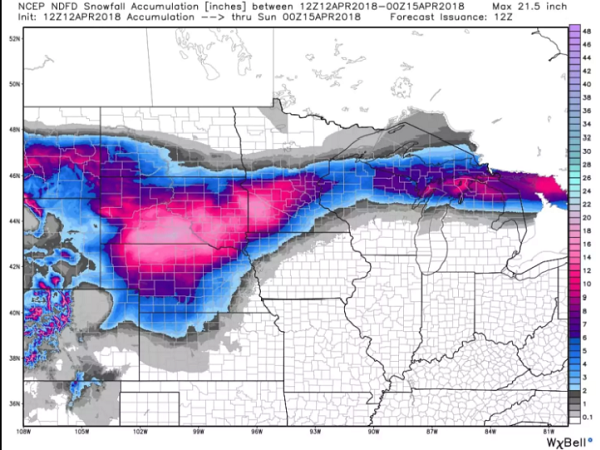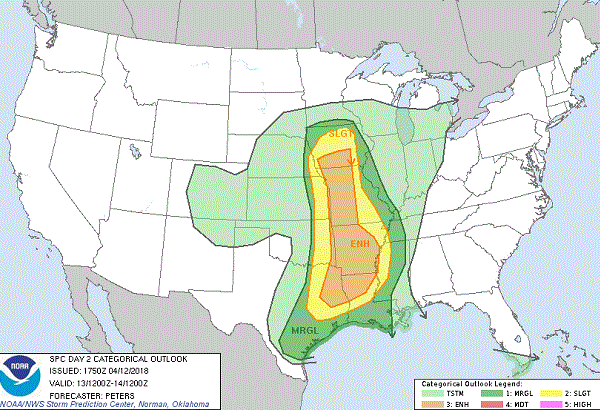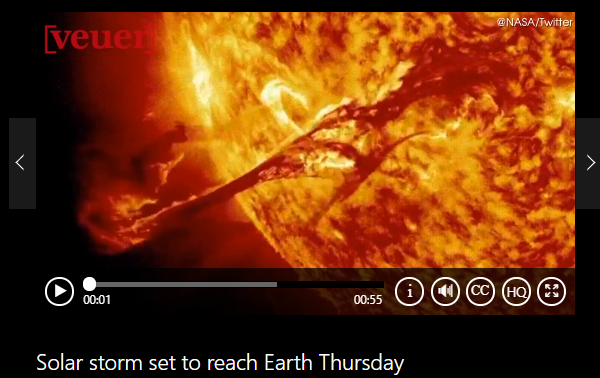Kissinger, Q and QAnon, MK-Ultra, sex slaves, HRH, &c
Sunday, August 5th, 2018[ by Charles Cameron — a strange and winding tale, from Frank Sinatra to Donald Trump with possible Babylonian intrigue, too ]
.
There has been a quick flurry of news attention devoted to QAnon — a supposed high-clearance, deep-cover source leaking confidential “the truth from behind the curtain” so to speak, supporting a Pro-Trump pro-Mueller (!!) narrative:
causing Q ripples within conspiracy circles
**
Here:
Tampa rally, live coverage,” wrote “Dan,” posting a link to President Trump’s Tampa speech in a thread on 8chan, an anonymous image board also known as Infinitechan or Infinitychan, which might be best described as the unglued twin of better-known 4chan, a message board already untethered from reality.
The thread invited “requests to Q,” an anonymous user claiming to be a government agent with top security clearance, waging war against the so-called deep state in service to the 45th president. “Q” feeds disciples, or “bakers,” scraps of intelligence, or “bread crumbs,” that they scramble to bake into an understanding of the “storm” — the community’s term, drawn from Trump’s cryptic reference last year to “the calm before the storm” — for the president’s final conquest over elites, globalists and deep-state saboteurs.
**
Q-materials now have enough YouTube channels starting up daily than no single human can keep up with them, and I’m certainly not trying — but one Q-related social media post caught my eye recently:
because it reminded me of a book I’d bought years ago, possibly as early as 1999, when I was researching conspiracism around the 1999/2000 millennium bug scare:
featuring, if you can’t manage to read the small print or recognize the tiny photos, Bob Hope, whom she alleged was her owner, JFK, LBJ, Henry Kissinger, Nelson Rockefeller, Gerald Ford, Jimmy Carter, Frank Sinatra, Dean Martin, Elvis, Bing Crosby, Sammy Davis Jr, Reagan, who took her to visit Queen Elizabeth Ii to discuss a breeding program, it goes on and on.. Satanic ritual abuse, prostitution, porn, all under the auspices of MK_Ultra.. including cannibalism, human and animal sacrifice..
Hillary Clinton‘s alleged pedophile ring out of a Pizzaria basement had nothing on this Kennedy-Kissinger-Ford lot, and now Q seems to be corropobrating a variant on the same plot line…
For the Sarah Ruth Ashcrsft – Q connection see this tweet:
The #Hivites are openly threatening the anons & #TheGreatAwakening itself now, in addition to attacking #QAnon & @POTUS. They are showing their true colors. Gloves are off. They're in full combat mode, scrambling, hangry & naggingly terrified… #HangryHangryHivites #ByePhoenicia
— Sarah Ruth Ashcraft (@SaRaAshcraft) July 23, 2018
A recent QAnon video drop:
And the Royals? My book companion to the Bryce Taylor book was this one, about Prince Charles:
I may be a Brit, but fair’s fair, we have our conspiracists, too.
**
Readings:
WaPo, ‘We are Q’: A deranged conspiracy cult leaps from the Internet to the crowd at Trump’s ‘MAGA’ tour WaPo, QAnon: Meet a real-life believer in the online, pro-Trump conspiracy theory that’s bursting into view WaPo, The mystery of ‘Q’: How an anonymous conspiracy-monger launched a movement (if the person exists) WaPo, How QAnon, the conspiracy theory spawned by a Trump quip, got so big and scary
**
I hope none of this will be confused with Bond’s Q and Q-bond — although Bond’s Q may be the inspiration for QAnon’s name, and Q-bond may make the whole Trump-Mueller duel/duet a whole lot tighter than it previously had been.
Oh, and Q for Quelle (source) is a supposed ur-gospel containing the sayings of Jesus, from which the evangelists may have borrowed..

















